Description
A profound new approach to healing trauma, grounded in a radical reframing of how we understand this nearly universal experience
For centuries, we’ve been taught that being traumatized means we are somehow broken―and that trauma only happens to people who are too fragile or flawed to deal with hardship. But as a researcher, teacher, and survivor, Dr. MaryCatherine McDonald has learned that the only thing broken is our society’s understanding of trauma. “The body’s trauma response is designed to save our lives―and it does,” she says. “It’s not a sign of weakness, but of our function, strength, and amazing resilience.”
With Unbroken: The Trauma Response Is Never Wrong, Dr. McDonald overturns the misconceptions about trauma with the latest evidence from neuroscience and psychology―and shares tested practices and tools to help you work with your body’s coping mechanisms to accelerate healing. Here, you’ll explore:
• What is trauma? The latest science that undoes the stigmas of shame, blame, and humiliation
• Moral injury―having our basic sense of how the world should work overturned
• The truth about triggers―what they really are and how they can guide the healing journey
• Traumatic patterns―new findings to help break free from recurring habits and toxic dynamics
• Why we can always rewrite our inner narratives, no matter how much time has passed
• Finding a “relational home” for trauma―how we can help each other return to wholeness
Dr. McDonald’s case studies reveal the many ways trauma can manifest and persist in our lives, yet there’s one factor every case has in common: the trauma response itself reveals the path to healing. “Our traumatic experiences reveal that we can be bent, dented, or bruised,” she says, “but we cannot be broken.” For anyone who has gone through trauma or wants to help others who are struggling, here is an empowering resource for finding our way home to our bodies, rebuilding our relationships, and returning to full engagement with life.
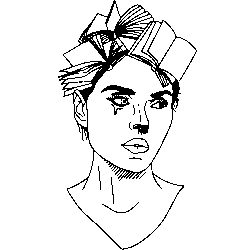
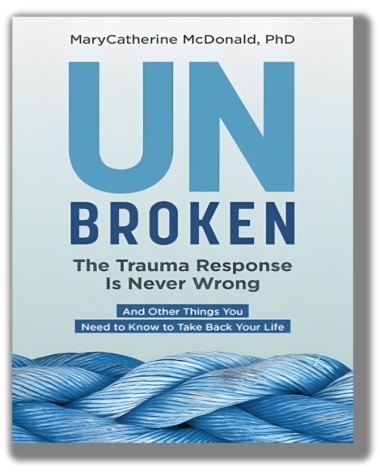
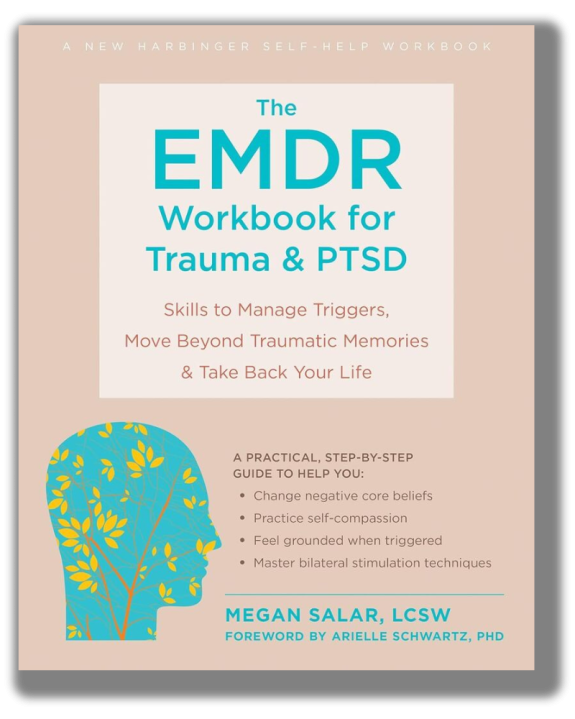
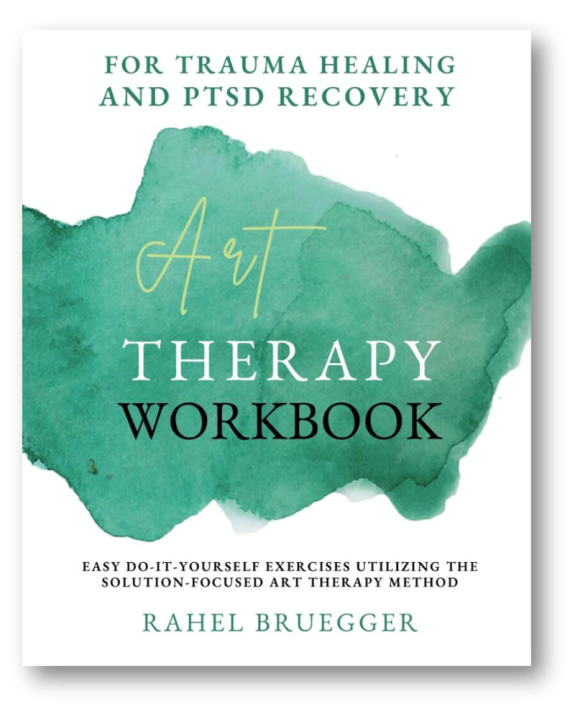
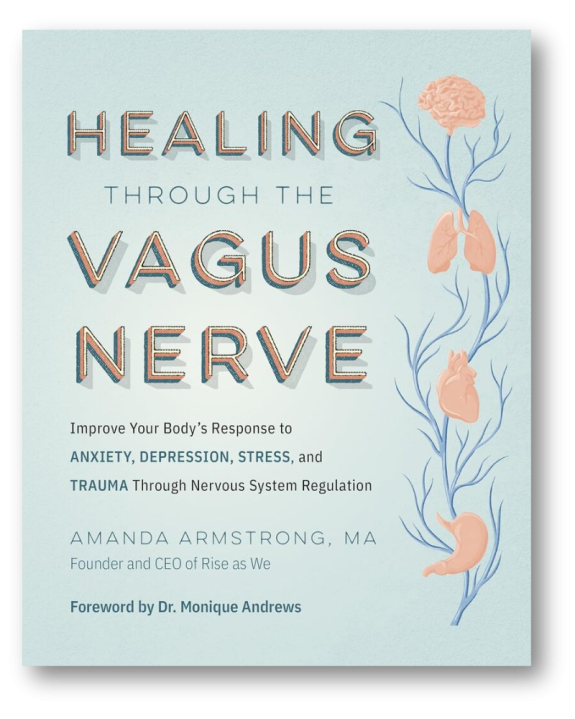
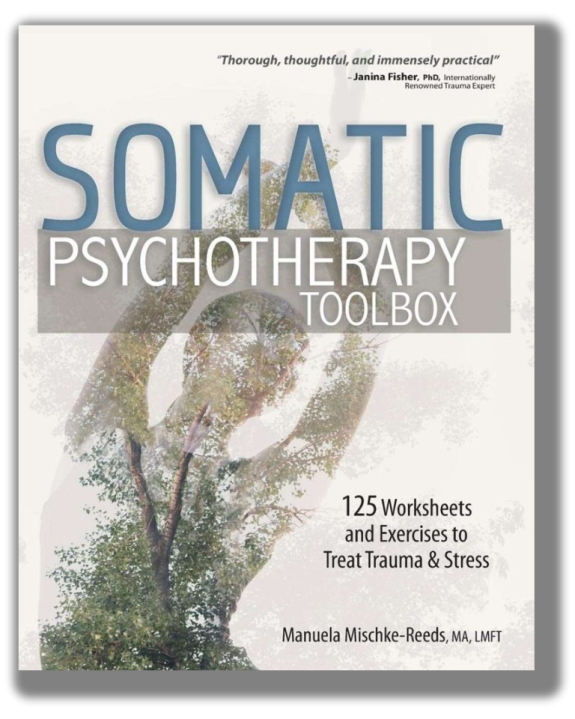
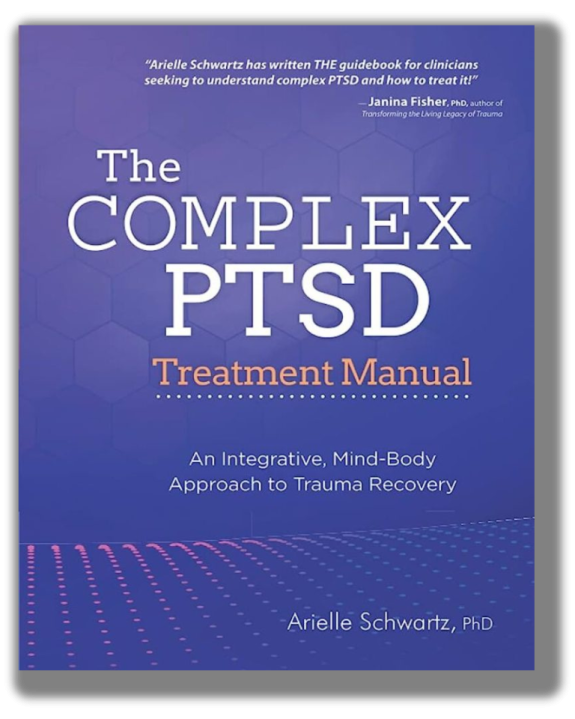
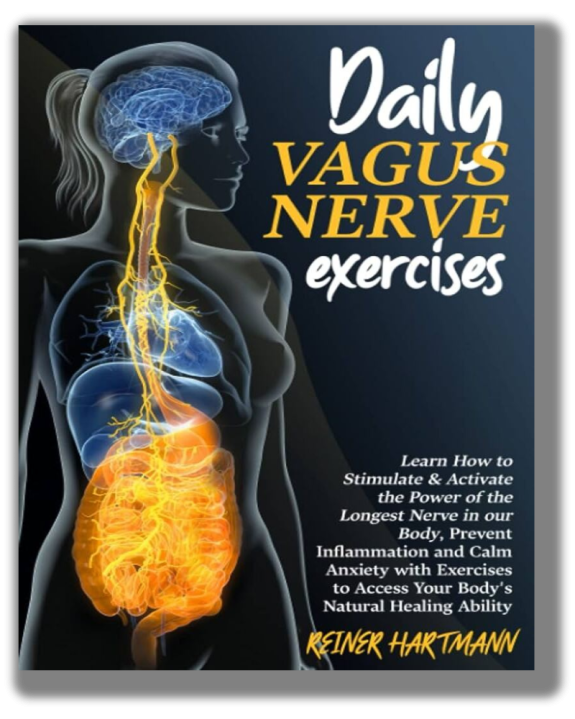
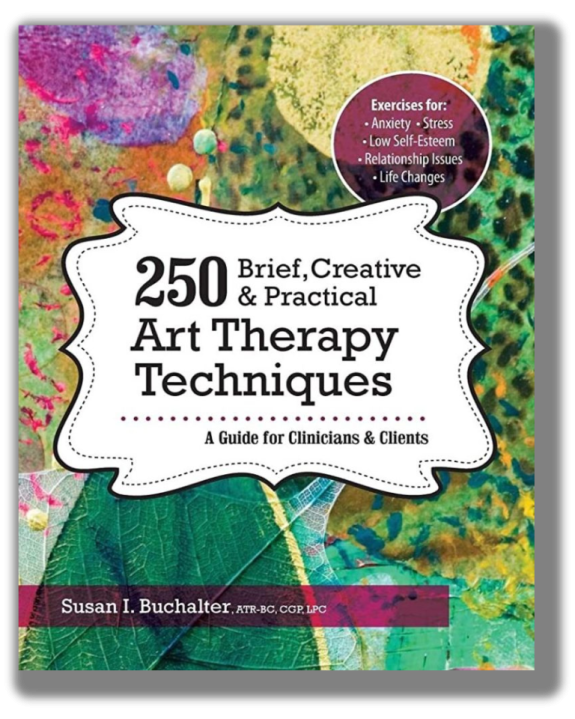
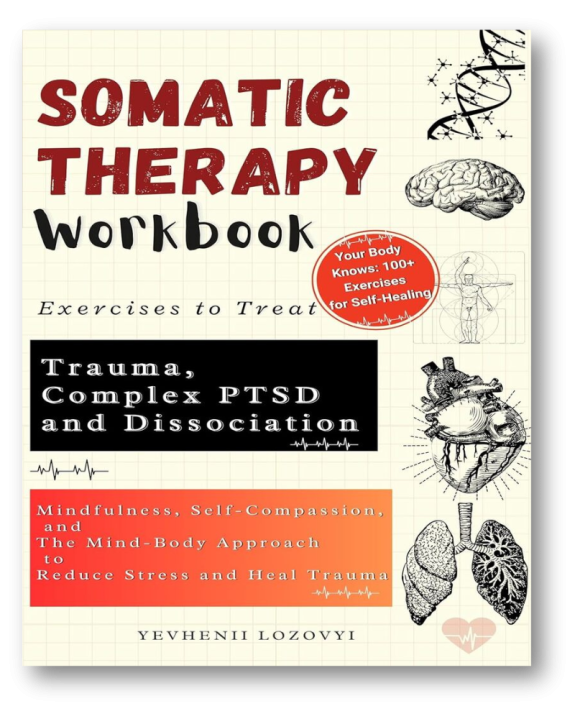
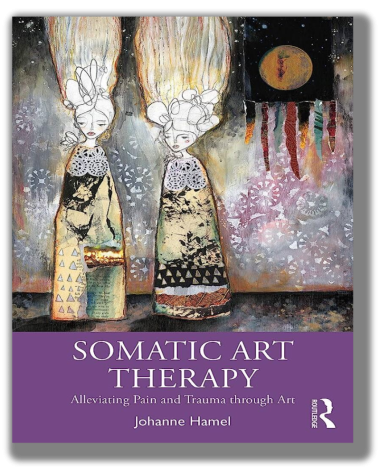
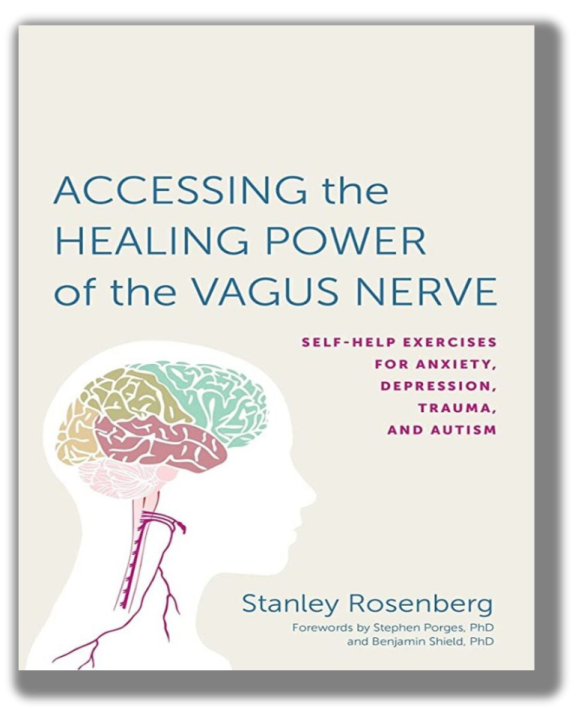
Utterly helpful, very insightful, and completly on point; one of the best books I have ever read.
Both as a healer and as a trauma survivor, this was the exact right book coming at the exact right time.
As a leadership coach, I encounter various forms of triggers and emotional dysregulation every day. For nearly all of my clients, the workplace is filled with inner critics, imposter syndrome, and perhaps especially shame. MC McDonald’s writing is intelligent, accessible and immediately actionable. I especially recommend the Audible version because as is so often the case where the author narrates, the audiobook is much, much more than ‘spoken words.’
What exactly constitutes ‘trauma’ is surprisingly unsettled. Even if you think you have never experienced trauma, this book will speak to you if you ever get overwhelmed, if you find yourself overreacting in certain circumstances, or if you ever lash out or shut down and later realize you were reacting from a place of shame. If my experience is even remotely typical, that’s the vast majority of us.
MC McDonald has written a scientifically researched book meant for every human who has felt pain, loss, or shame. Hello everyone! The facts, humanity and grace, that she extends to us on each page are impressive. She reminds us that we are always worthy … and never done learning and loving. I plan to give this book to each of my children. Thank you MC!!
MaryCatherine McDonald is the best teacher/writer about trauma to come along since Bessel Van Der Kolk, Peter Levine and Deb Dana. This book is a big sigh of relief in paper form.
I have ADHD and struggle to read books without re-reading the same sentences over and over again until I get bored and put the book down … especially nonfiction. Unbroken is the first book I’ve been able to digest without having to do that 100% of the time. It’s a quick read that packs a punch. Afterward, you’ll have a better understanding of trauma in yourself and recognizing it in others. For me, I’ve found that most of the well known books on trauma over explain – which is great if you want that, but my neurodivergence makes that challenging. I recommend this be the first book about trauma you read before going further (if you need to at all).
MC McDonald’s writing is empathetic, helping the reader to feel they belong and know they are not alone. The pages of her book, Unbroken: The Trauma Response is Never Wrong, create a safe space to shed shame, learn, and encourage readers to consider an assortment of tools so they can try out and experience different ways of responding – thereby rewiring their brains. Readers may even find that Unbroken helps them make space to extend themselves some grace and gratitude for “getting to here” and celebrating more of life’s tiny little joys.
I believe Unbroken belongs on bookshelves alongside the venerated works of Bessel van der Kolk, Bruce Perry, Peter Levine, Gabor Mate, Arielle Schwartz, Alice Miller, and other writers/researchers/doctors/therapists who are seeking to help society understand trauma, heal, and integrate from the myriad traumatic experiences of life. In the past few years I’ve read many books by these practitioners about trauma, traumatic response, and the ever emerging insights of neuroscience into how our brains work. All this knowledge has been immensely helpful to me in my own process of recognizing what happened to me, shedding shame, and exploring modalities of healing.
This pantheon of trauma work has helped me understand how traumatic experiences play out in the bodymind, but after finishing many of these books, I was left asking myself, “So, now that I know about this, what do I do next?” That question can be overwhelming and daunting, time consuming, and prohibitively expensive to explore. This is where MC’s book steps in. It is incredibly readable and actionable!
MC’s book includes tools and helps readers take action – right in the moment, using relatively accessible materials such as a pen and paper or a smartphone, and that require less than 20 minutes a day to put into practice. The practices can be complementary to therapeutic processes, help in between sessions, serve as an invitation for additional help, or be sufficient in and of themselves.
Unbroken starts with a highly relevant overview on the history of trauma treatment and research, and current neuroscience – all with the purpose of helping readers understand and overcome the barriers of shame, dismissal, and disregard that are so inherent to the misunderstanding of trauma prevalent in society. The subsequent chapters blend stories from real-life people with research, pointing out the fallacies of old assumptions, and then provide tools based in neuroscience to try out. Readers are encouraged to experiment, put together their own toolboxes and see what works – and doesn’t work – for them. There’s no right or wrong really, just encouragement to try some relatively low stakes practices instead of staying in the same old familiar feelings of stuck, awful, and exhausted.
After reading this book and practicing a variety of its tools the last couple months, I’ve noticed some pretty big shifts in how I respond to myself when the going gets hard or when situations bring up experiences of old. I’m experiencing more equanimity and shorter periods of feeling stuck. I’m exploring different perspectives on old self-limiting story-thoughts. And I’m having a lot of fun celebrating delights and tiny little joys. I’ve shared some of the tools with friends who are struggling and they’ve told me they are feeling better about situations they are dealing with. May we be ripples in a groundswell of healing.
I’m so grateful I read Unbroken.